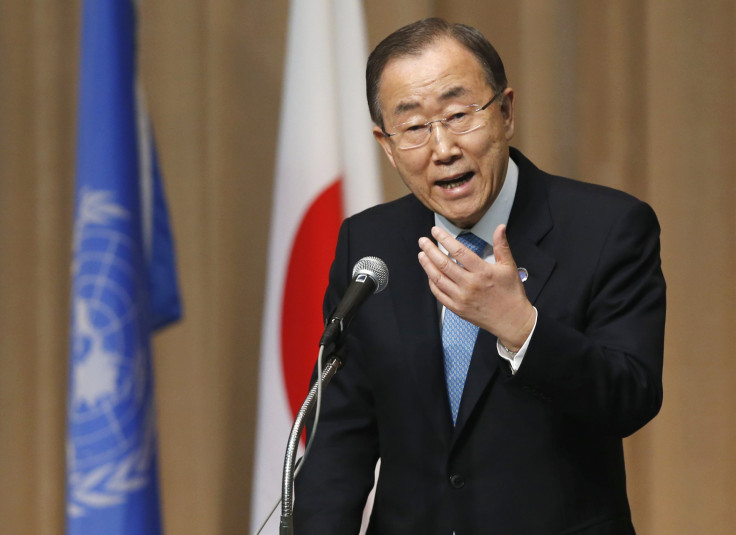UN Votes To Extend Staff Benefits To Same-Sex Couples, Defying Russian Opposition

The United Nations voted on Tuesday to extend staff benefits to all same-sex couples it employed, thwarting an opposing movement led by Russia. The U.N. General Assembly budget committee voted 80 to 43 in favor of the proposal.
There were 37 abstentions and 33 non-votes. Saudi Arabia, Pakistan, Egypt, Syria, China and India were among the nations that voted against the measure. "The Kingdom of Saudi Arabia does not support the expansion of benefits for same-sex couples because Saudi Arabia believes these relationships are morally unacceptable," a Saudi diplomat told the committee, according to Reuters.
Secretary General Ban Ki-moon had said in July that the U.N. planned to extend employment benefits to all its staff, regardless of orientation. Previously, their eligibility depended on the laws of their country of nationality, but the U.N. will now recognize all same-sex marriages among its staff, though the marriage should have been performed in a country where it is legal.
U.S. Ambassador to the U.N. Samantha Power slammed Russia’s opposition. "We must speak plainly about what Russia tried to do today: diminish the authority of the U.N. Secretary-General and export to the U.N. its domestic hostility to LGBT [Lesbian, Gay, Bisexual and Transgender] rights."
But Russia’s Deputy Ambassador Petr Iliichev denied that the country was trying to undermine Ban. He, however, said that the U.N.’s earlier way of regulating the issue showed "an example of how the United Nations respects cultural differences, the sovereign right of each and every state to determine its norms."
Russia is opposed to gay marriage and triggered worldwide criticism when it adopted a set of laws in 2013 designed to discourage "gay propaganda." ILGA-Europe, an LGBT watchdog, said Russia's discriminatory atmosphere warranted "serious concern."
© Copyright IBTimes 2025. All rights reserved.





















